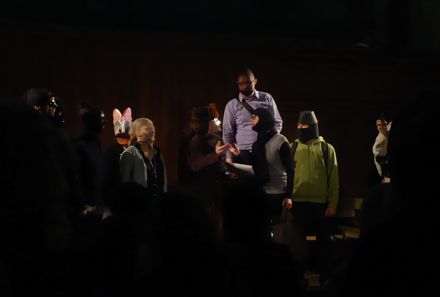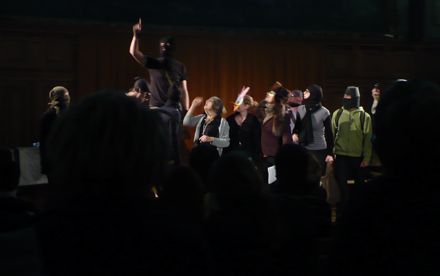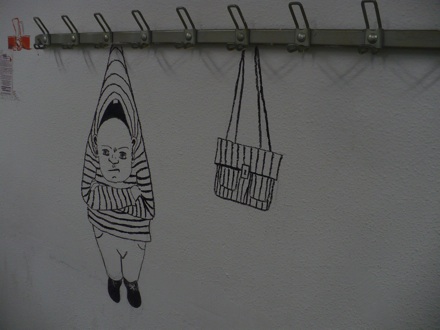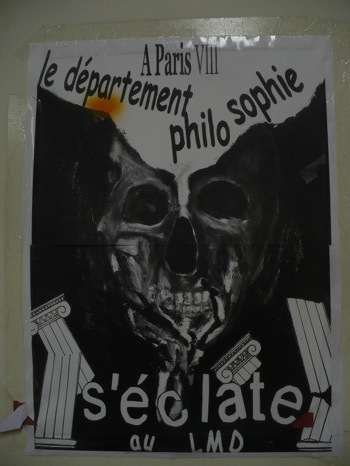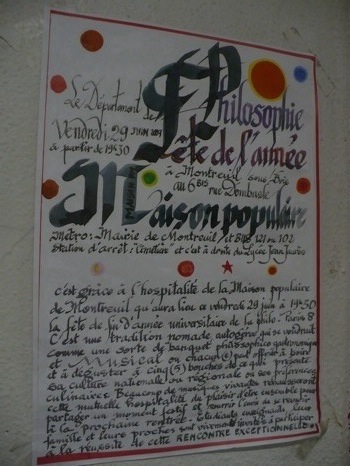College students who turn more or less consciously and hopefully to philosophy for enlightenment are, at bottom, in search of a satisfying life. They may have a pretty clear idea of what this includes. “It means,” said a football man whom I asked what he meant by a satisfying life, “employment, a fair income, the prospect of a family, and the chance to do something for people on a larger scale than just yourself or your family.” But they feel profoundly insecure as they contemplate the conditions under which this satisfying life must be sought. This feeling of insecurity is due not only to the threat of portentous on-going affairs, but to their own lack of a positive philosophy of life with which to face the world.
This statement doesn’t come from the present or the recent past; it comes from 1939, from a curious little American text by one M. C. Otto called “College Students and Philosophy.” Otto’s main aim is to excoriate his fellow philosophy professors for their anti-instrumentalist view of their discipline, that is, for their rejection of their students’ desires for a philosophy that would be useful in the world. For a short text, it has quite a long attack on philosophy professors’ urges to retreat into the sanctity of pure concepts and “esoteric wisdom.”
But what I think is fascinating here is mainly the early emphasis on precarity or insecurity (as they apparently called it then). Otto reminds us that insecurity is scarcely a uniquely contemporary phenomena, in spite of what one may be tempted to imagine in light of the pervasive sense (in France and the U.S.) that ordinary life is newly troubled. And Otto points out that precarity is not only a matter of economic and material problems but also of available intellectual resources, of “a positive philosophy of life with which to face the world.” Of course, Otto probably underestimates the effect of “portentous on-going affairs” on collective consciousness. I’m no expert on the U.S. in 1939, but I imagine it wasn’t the most cheerful geopolitical moment. (I’m suddenly wishing my grandparents were still alive so I could ask them about this.) But Otto, even if he may push the point out of perspective, does have the great merit of suggesting that disciplinary education may play an important role in forming consciousness and hence in shaping students’ cognitive relationships to the world.
Now Otto seems to have some very un-contemporary notions about forming consciousness, about educating the whole person, about being educated as a general state of being that helps one live through a fluctuating and incomprehensible circumstances. Today education is often considered a matter of isolable and measurable competences, of transferable skills, of favorable position in social networks, of positive career outcomes. Interestingly, even many of the most anti-establishment professors tend to accept this framework insofar as they often fall back on trying to teach skills like “critical thinking.” Or should I say: on trying to teach critical thinking as if it were an isolable skill.
